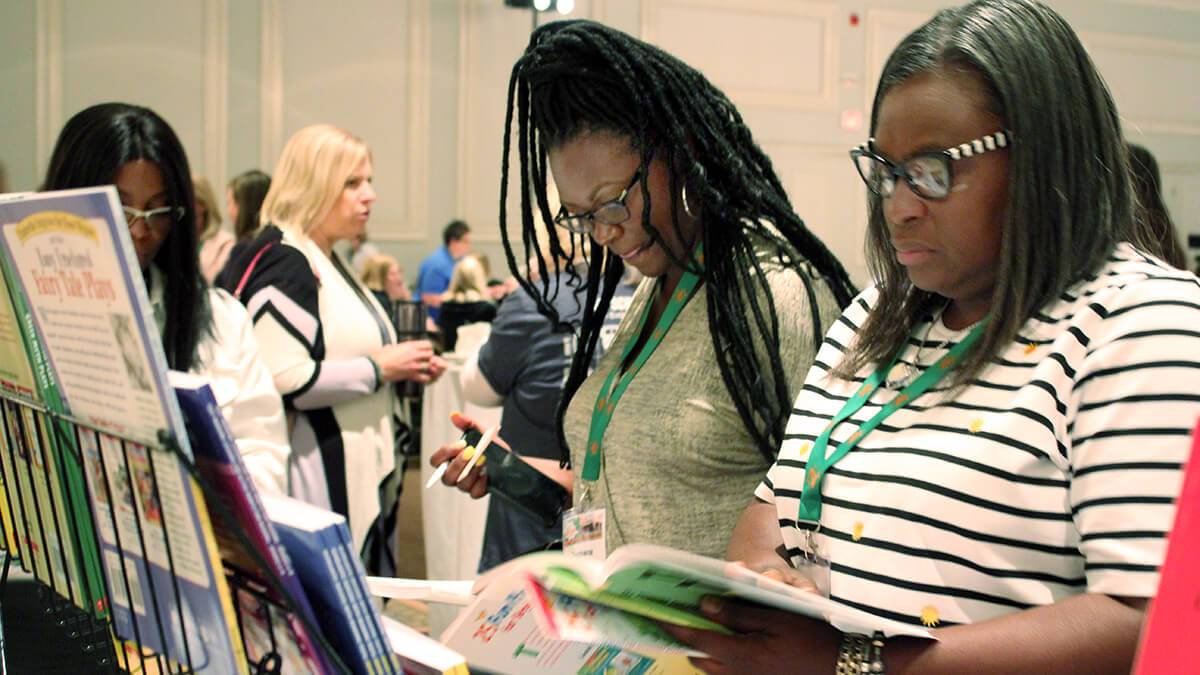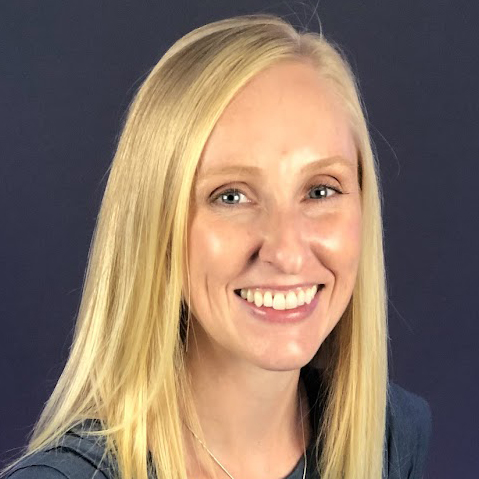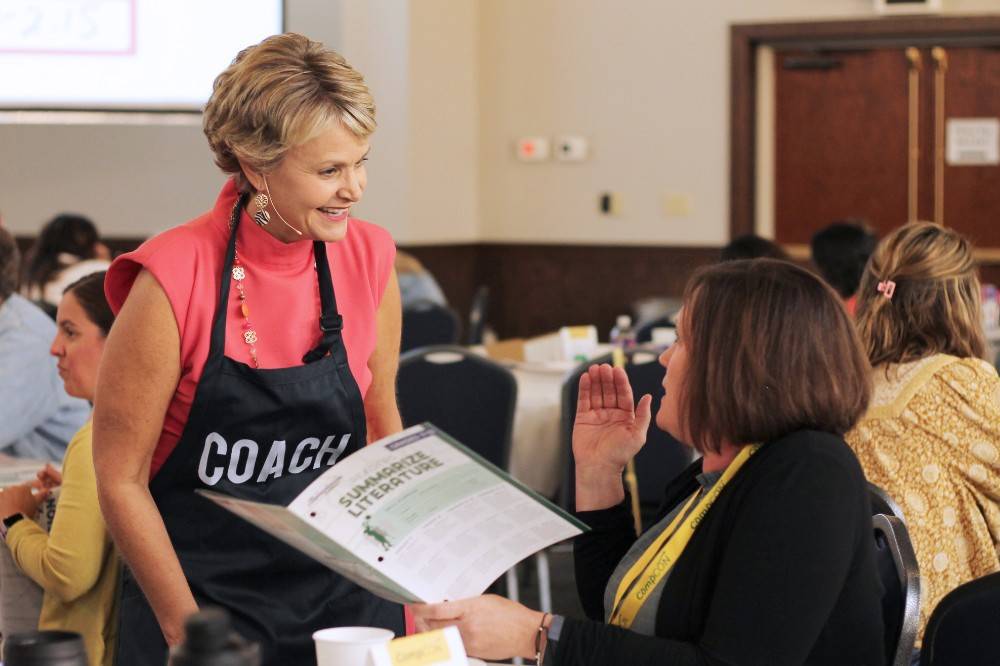13 professional development topics for teachers
Discover professional development topics that embrace teaching methodologies and technology integration, while enabling educators to guide and inspire students.
by Michelle Schweikhardt
Keeping up with trending educational topics can feel like trying to keep up with the Joneses. It’s a never-ending race to stay ahead of the curve, where everyone seems to be using the latest and greatest teaching methods.
Just as the Joneses maintain a constant pursuit of excellence, educators passionately pursue the most effective teaching methods for the students they serve.
But amidst the constant influx of new trends, educators need guidance to discern which approaches genuinely hold merit and align with teachers’ unwavering commitment to student success. This is where teacher professional development shines.
Professional development empowers educators to go beyond the hype and base their instructional choices on rigorous research and evaluation. PD ensures the thoughtful integration of emerging trends, minimizing the risk of disjointed learning and maximizing student progress.
An educational shift
Before educators immerse themselves in a catalog of teacher professional development topics, it is helpful to understand the driving forces that have propelled these topics to prominence in the educational landscape.
Education has undergone several significant shifts throughout history, each driven by technological advancements, societal changes, and new understandings of how people learn.
These shifts have significantly impacted teacher professional development topics, demanding a more comprehensive and forward-thinking approach to teacher training. These advancements include:
- Student-centered instruction.
- Active learning strategies.
- Personalized learning approaches.
- Technology integration.
- Emergence of new learning environments.
As theories about student learning continue to evolve, there is a growing consensus that the most effective teaching approach involves a combination of methods. An increasing number of trending professional development topics have the advantage of being cross-disciplinary and applicable to multiple specializations within the field of education.
The following topics for professional development align with these trends, making them particularly relevant and timely for educators who want to empower their students to become lifelong learners and dynamic citizens.
13 professional development topics
1. The gradual-release framework
Effective instruction involves building understanding gradually, piece by piece. The gradual release of responsibility framework, with its I-do, We-do, and You-do phases, provides a structured approach to achieving this.
The I-do phase involves the teacher modeling the skill, followed by the We-do phase, where students collaborate with the teacher to apply the skill. Finally, the You-do phase allows students to practice the skill independently with support from the teacher.
The gradual-release framework promotes a student-centered and active learning environment by providing explicit instruction, encouraging active engagement, and fostering student ownership.
2. Project-based learning
Fun professional development topics can spark creativity and engagement in educators. One topic that provides that kind of spark for teachers—and students—is project-based learning (PBL).
PBL is a dynamic teaching method that engages students in active learning experiences. Project-based learning is a dynamic teaching method that engages students in active learning experiences. PBL immerses students in authentic, meaningful investigations of complex issues. Students are encouraged to think critically, apply their knowledge, and collaborate with others to solve problems and create practical products.
To foster deep engagement, teachers must create a stimulating environment that encourages students to take ownership of their learning. This includes opportunities to choose projects, work independently and in teams, and receive feedback. By creating a classroom culture that values curiosity, creativity, and collaboration, teachers can help students develop 21st-century skills.
3. Formative assessment
Formative assessment is a dynamic process that takes place throughout the learning process. Formative assessment is not just about assigning grades or scores; it’s about gathering evidence of learning and using that information to inform instructional decisions.
Whether during the reading or writing process, formative assessment can be creatively applied with shorter, easier-to-grade options, making it lighter work for both the teacher and the student. Assessments can be in the form of a written, physical product—or consider digital options.
Formative assessment allows educators to pinpoint knowledge gaps, tailor instruction for differentiation, and support students in achieving mastery.
4. Science of Reading
The Science of Reading (SOR) is a hot topic. Capitalizing on the growing interest in SOR, curriculum and professional development companies have capitalized on its prominence by including and promoting specific materials in their teaching resources.
However, the Science of Reading is not a specific program or product. The Science of Reading represents a continuously developing body of research that sheds light on the most effective approaches to teaching children to read.
Based on five components: phonemic awareness, phonics, fluency, vocabulary, and comprehension, the Science of Reading emphasizes evidence-based practices in teaching children to read, ensuring that instruction is grounded in the most effective methods.
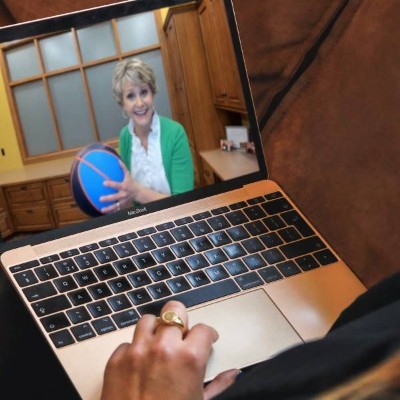
FREE ON-DEMAND WEBINAR
Advance Beyond Doing Reading to Teaching Reading
Learn what explicit, whole-class comprehension instruction looks like and how to effectively scaffold mini-lessons within the rest of the reading block to honor the gradual release of responsibility.
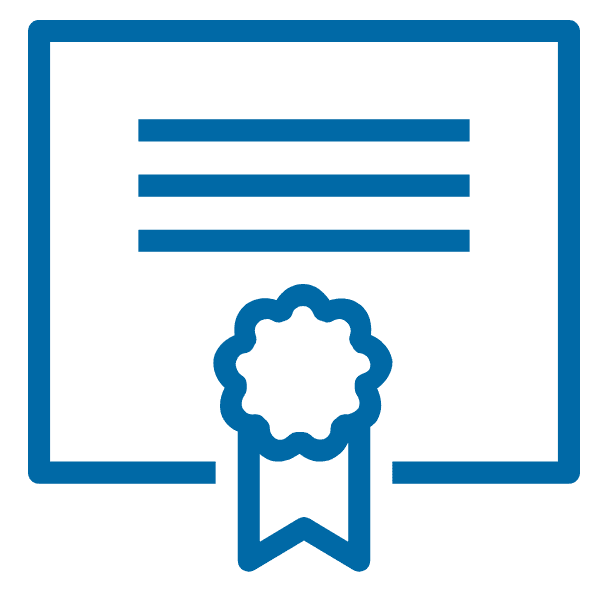
Earn a completion certificate
60-minute webinar
5. Writer’s workshop
In the whirlwind of academic demands, teaching writing often gets relegated to the back burner. However, educators universally acknowledge its importance.
Effective writing instruction, like any skill, hinges on purposeful modeling and ample practice opportunities. Teacher professional development focused on implementing a writing-workshop model provides a comprehensive framework for fostering effective writing instruction that ranges from the mini-lesson to the independent work time.
6. Reader’s workshop and literacy stations
The daily reading block includes three essential facets: whole-class mini-lessons, small groups, and independent literacy tasks. Educators carefully orchestrate the architecture of the reading block to seamlessly integrate the three components and create a cohesive and engaging learning experience for students.
Navigating the complexities of organizing and integrating these components can be like an intricate puzzle. Teacher professional development can target particular components of a reader’s workshop, such as launching literacy stations or guiding small groups.
7. 21st-century skills
In literal terms, 21st-century skills are the skills students need to succeed in this fast-paced and ever-changing workforce. While teachers often equate this to providing students with technology to stay plugged into the digital world, it encompasses a broader spectrum of abilities.
Twenty-first-century skills encompass the essential knowledge, life skills, career skills, habits, and traits crucial for student success in today’s dynamic world, particularly as they transition into higher education, the workforce, and adulthood.
8. STEAM/STEM
STEAM education represents a comprehensive approach to learning that seamlessly integrates the disciplines of science, technology, engineering, arts, and mathematics into a cohesive curriculum. This holistic approach aims to empower students with the essential 21st-century skills required to navigate the complexities of an ever-evolving world.
Professional development in STEAM education integrates cutting-edge pedagogical approaches, technology tools, and 21st-century skills development, thus fostering a generation of adaptable, innovative, and problem-solving individuals who can thrive in today’s society.
9. Blended learning
Blended learning is a flexible approach to education that combines traditional face-to-face instruction with online learning activities. It offers a personalized and engaging learning experience that caters to diverse student needs and learning styles.
Effective implementation of blended learning strategies heavily relies on robust professional development for teachers. PD can equip educators with the skills and knowledge they need to design and deliver blended learning experiences, integrate technology seamlessly, and assess student progress effectively.
Technological advancements widen the reach of blended learning, making education more accessible for everyone, including learners in remote areas or those with limited resources. This helps bridge the digital divide and fosters inclusive education.
10. Digital citizenship
Digital citizenship encapsulates more than just navigating the online world safely; it involves nurturing kind and understanding people who can deal with the challenging ethical issues that arise when people interact through technology.
Through professional development, teachers gain the expertise they need to incorporate digital citizenship education into their curricula, fostering a generation of responsible and informed digital citizens.
11. Dyslexia
Dyslexia ranks on the list of professional development training topics for any educator who teaches reading in one form or another. Dyslexia’s prevalence far exceeds that of any other learning disability, impacting at least 80% of all students with identified learning disabilities.
Imagine trying to understand a foreign language—learning to pronounce the sounds, recognize the letters, and combine them to form words. People engage in phonological processing when they do this.
Phonological processing is the ability to hear, understand, and manipulate the sounds of spoken language. Dyslexia stems from phonological processing deficits.
Despite Dyslexia’s neurological origin and lack of a cure, teachers who pursue evidence-based professional development can empower students to navigate its challenges.
12. English Language Learners (ELL)
Data from the National Center for Education Statistics (NCES) shows that ELL students are one of the fastest-growing demographics in public education. Despite the surging ELL student population, the number of qualified teachers to instruct them has failed to match this growth.
There is a shortage of qualified educators to meet the needs of this rapidly increasing student population. For this reason, ELL professional development should be a priority for any teacher with English Language Learners in the classroom.
ELL professional development equips teachers with the knowledge, skills, and strategies necessary to effectively teach ELLs, promote their English language acquisition, and foster their overall academic success.
13. Social emotional learning (SEL)
Between the pandemic and other tragedies throughout the country, a growing emphasis on mental health has undoubtedly propelled social and emotional learning (SEL) to the forefront of education. As schools confront the repercussions of these adversities, SEL programs are emerging as a crucial tool for supporting students’ emotional well-being and promoting academic success.
In short, SEL empowers students to develop healthy identities, manage their emotions, achieve preset goals, empathize with others, build healthy relationships, and make responsible decisions.
SEL is not a fad or a superficial intervention. It provides a research-backed approach that nurtures students’ social and emotional skills, leading to positive behavioral and academic outcomes.
Among professional development topics for teachers, SEL stands out for its diverse spectrum of program options. Amidst the numerous SEL options, a clear understanding of students’ needs becomes the cornerstone for selecting a program that directly targets their specific challenges. This targeted approach guides professional development and optimizes program impact on student success.
Workshops at your fingertips—from Smekens Education
Find just the right PD options with Smekens Education on-demand and live workshops.
Professional Development Services
TEACHER TRAINING
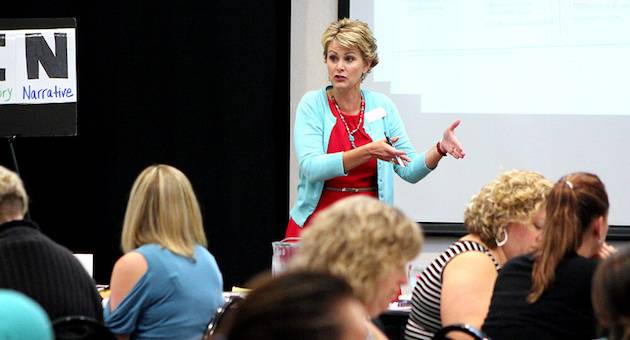
CUSTOMIZED CONSULTING
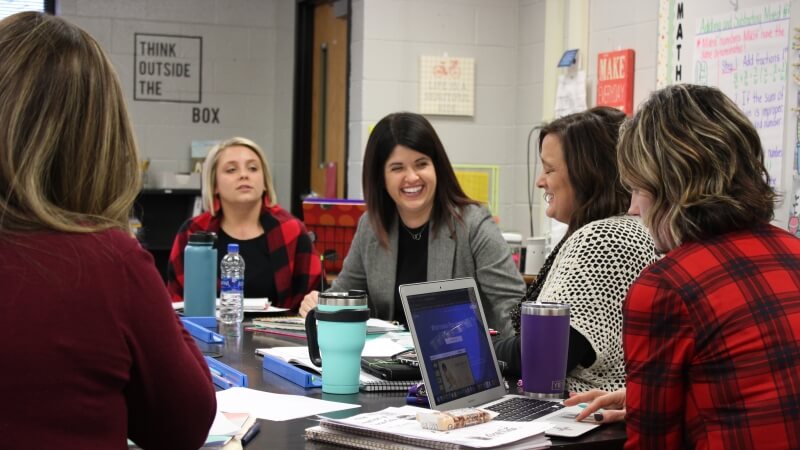
BOOKS & RESOURCES
